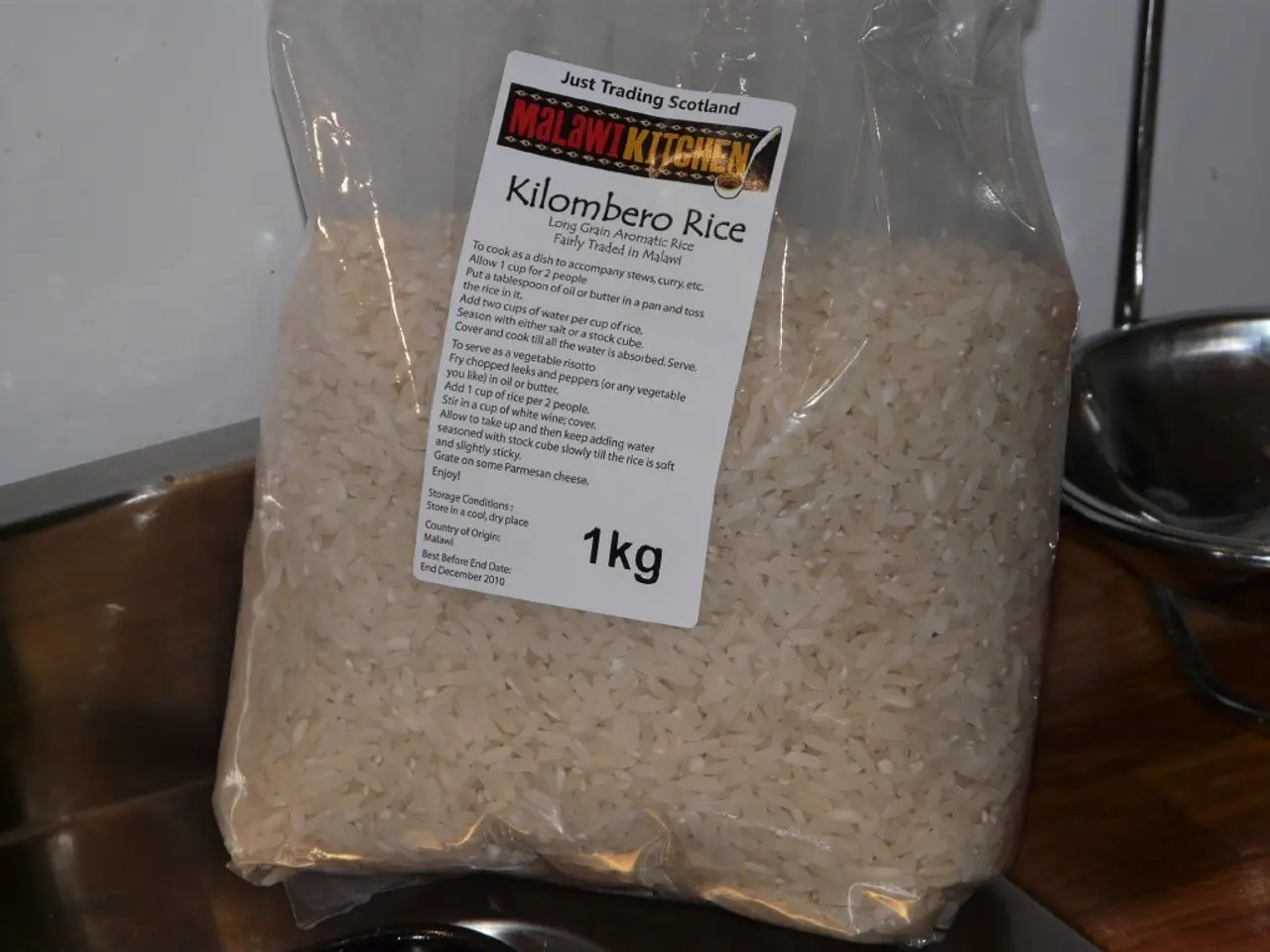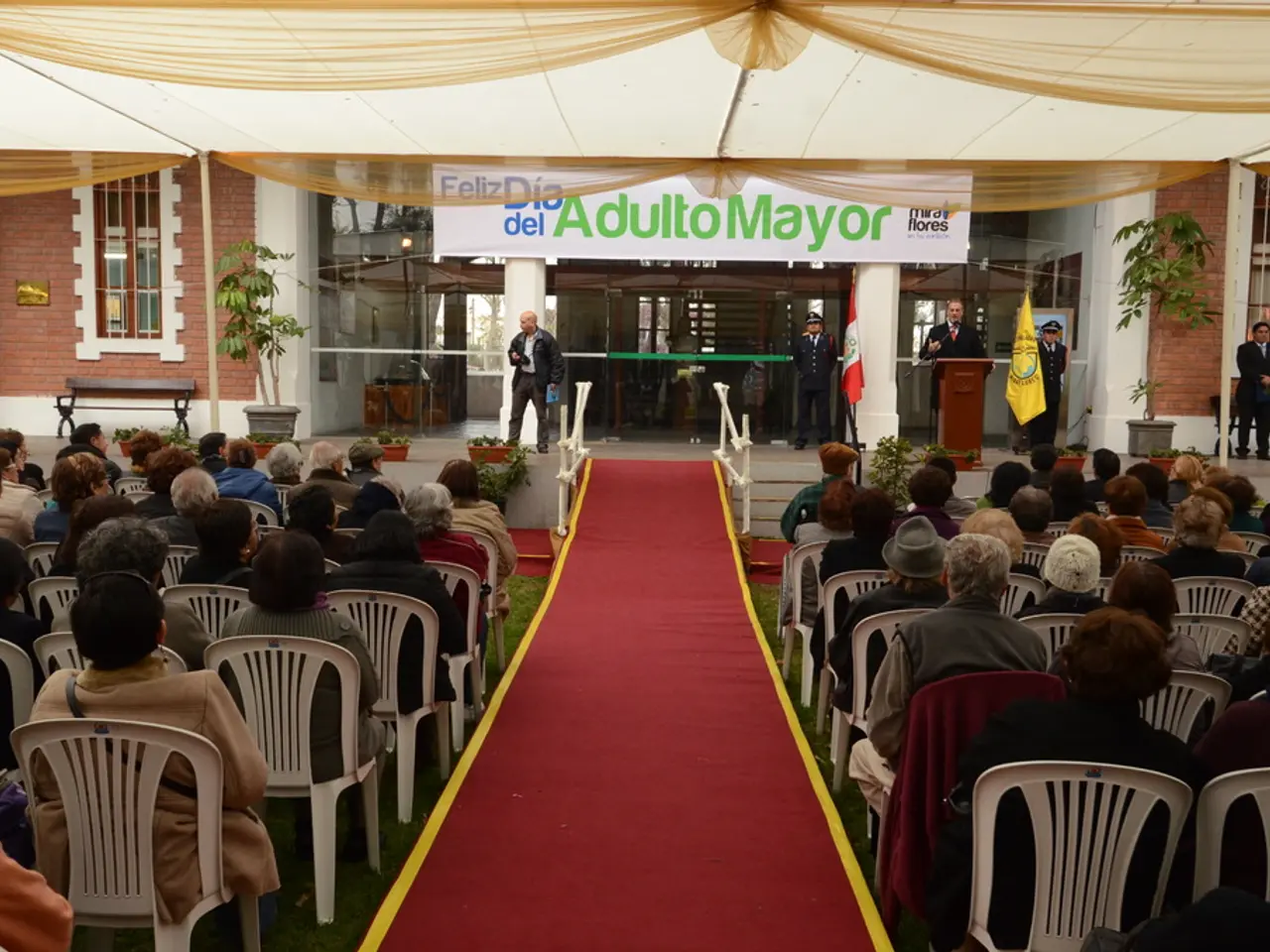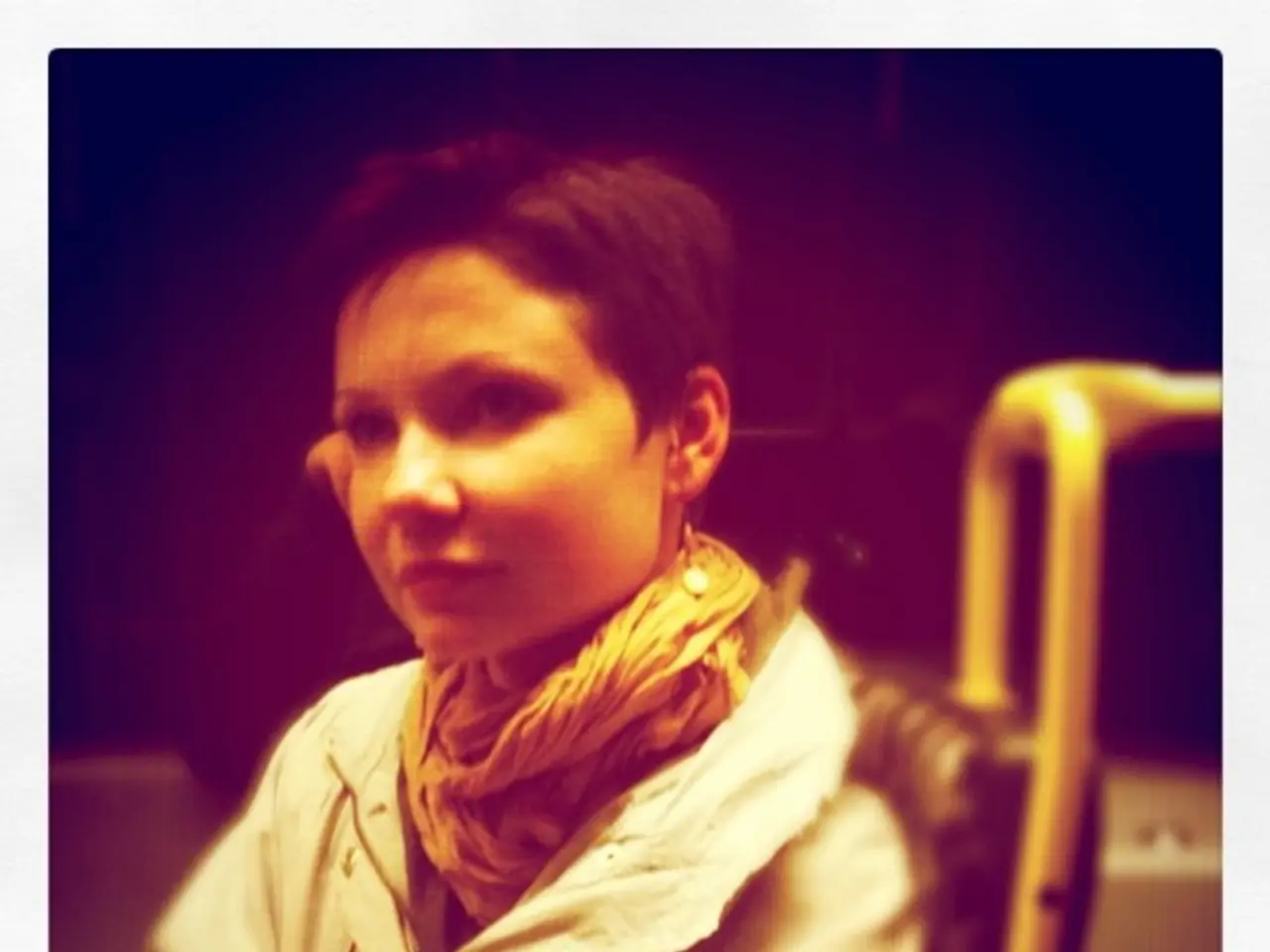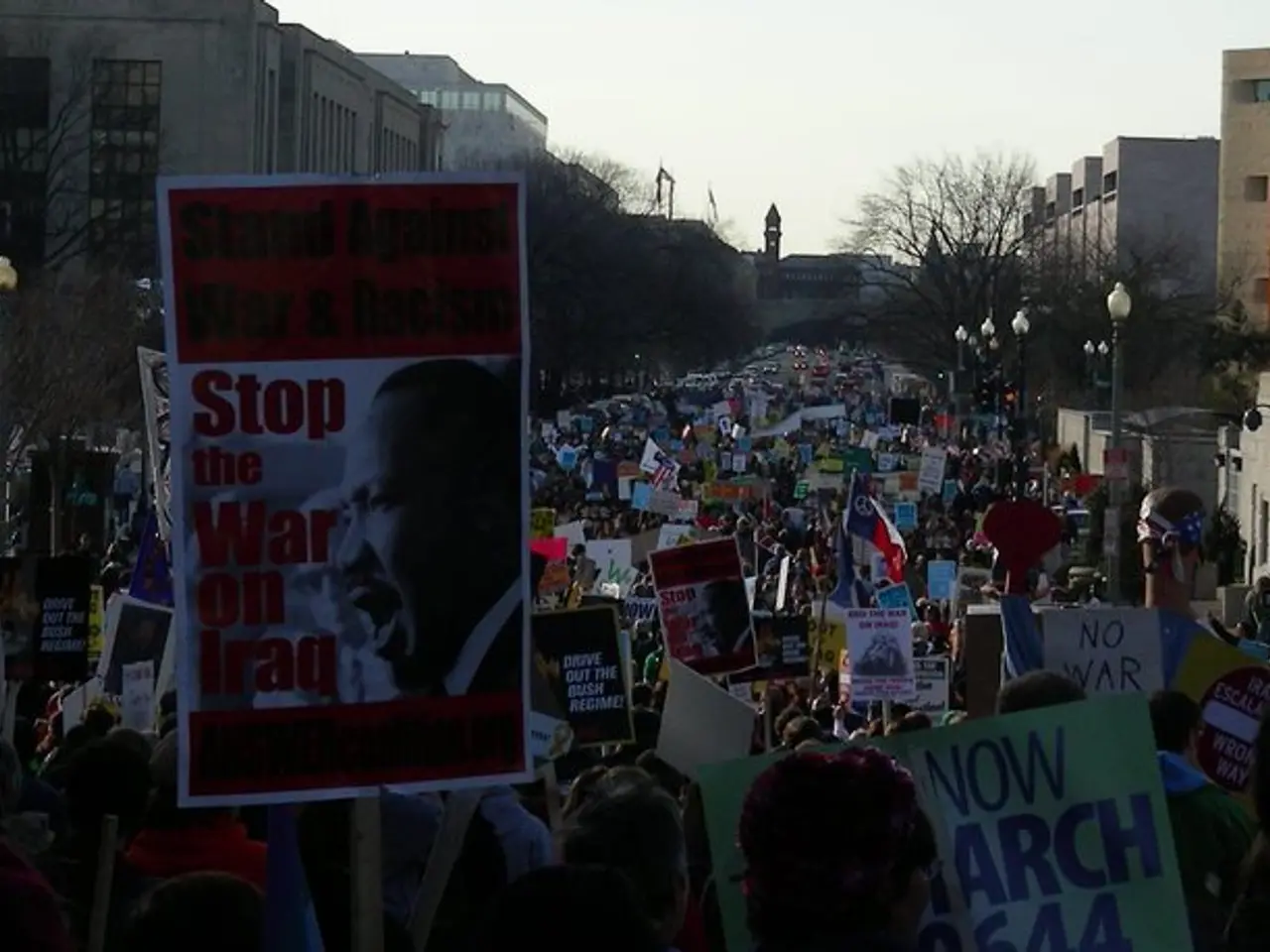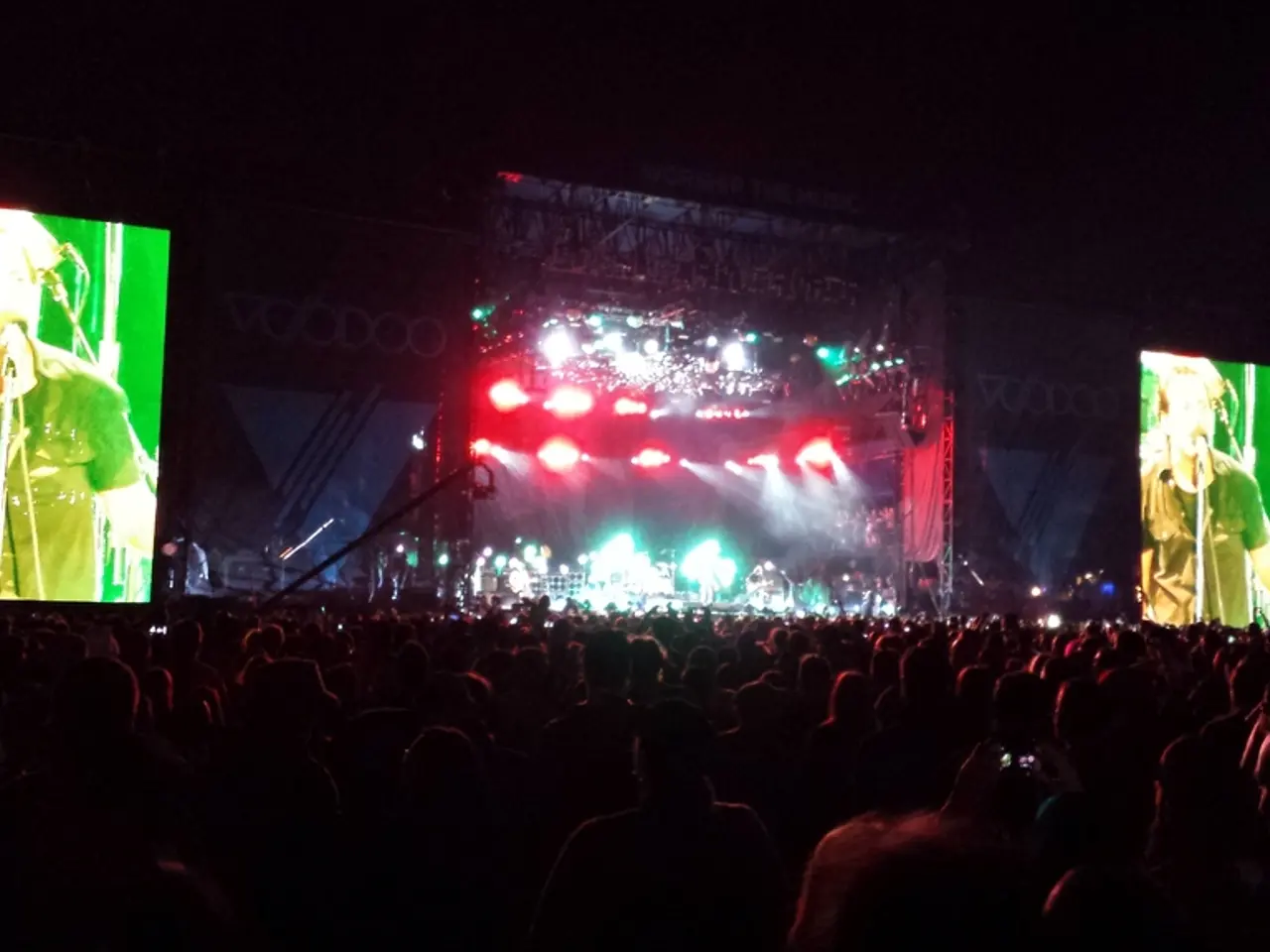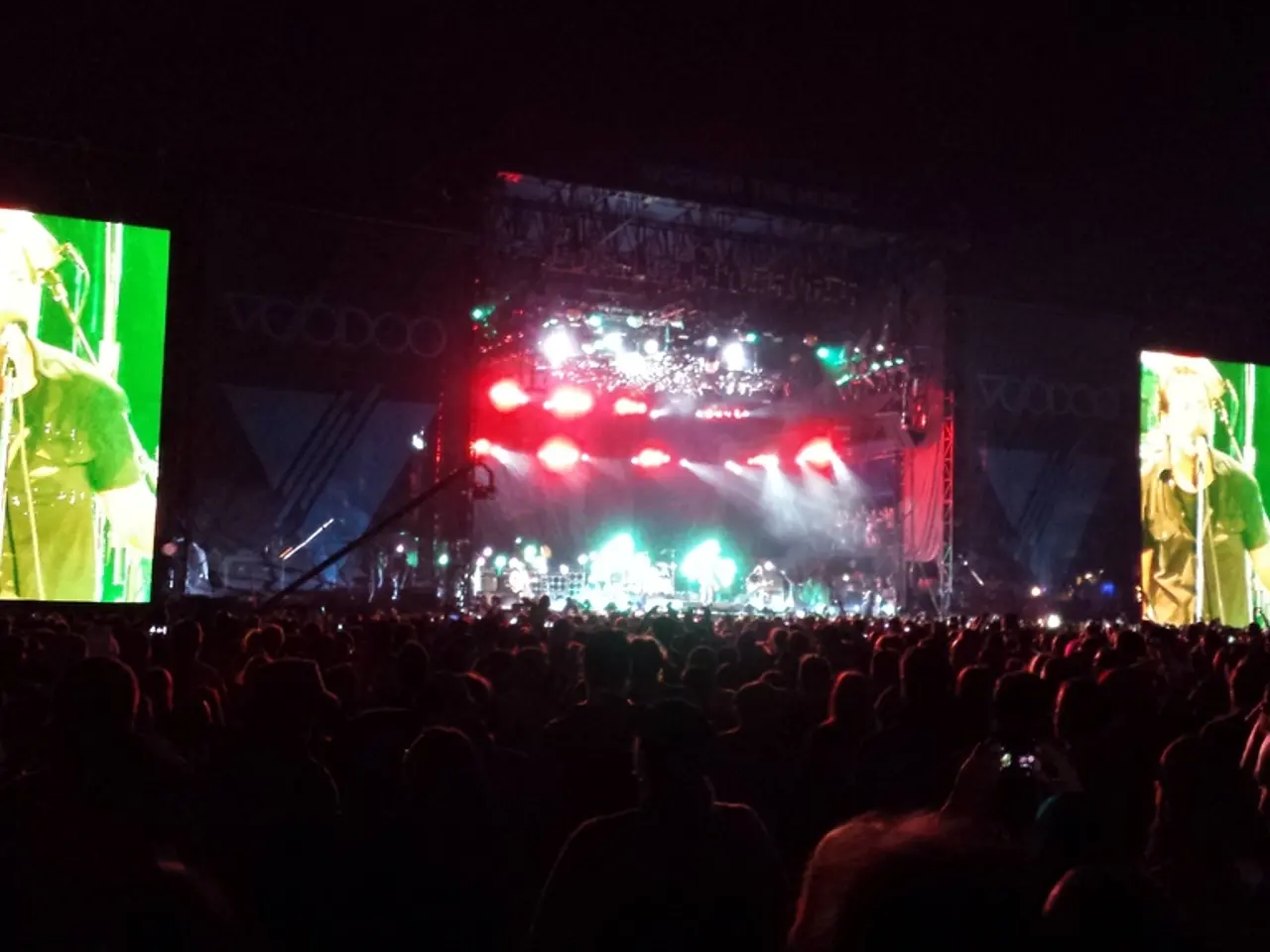World Bank delegation, led by Uttar Pradesh Principal Secretary, tours ISARC to examine large-scale Direct-Seeded Rice (DSR) projects in Uttar Pradesh
On May 27, 2025, Anurag Yadav, Principal Secretary of the Government of Uttar Pradesh, visited the International Rice Research Institute - South Asia Regional Centre (ISARC) in Varanasi. The visit was part of a collaboration between the Government of Uttar Pradesh, the World Bank, and IRRI to promote sustainable and climate-resilient rice production practices.
During the visit, a two-day training on Direct Seeded Rice (DSR) and Zero Tillage Wheat (ZTW) was held for 70 participants. Addressing the gathering, Yadav highlighted the potential of the UP-AGREES project to bring transformational change to Uttar Pradesh's agricultural scenario and benefit farmers in the rice-wheat cropping system.
The aim is to scale DSR adoption across the state and build a more productive and climate-smart farming future. To achieve this, key strategies have been identified:
- Promotion of climate-resilient rice varieties and sustainable practices like DSR and Alternate Wetting and Drying (AWD) to address challenges of groundwater depletion, yield gaps, and labor shortages in the Indo-Gangetic Plains including Uttar Pradesh.
- Water-saving emphasis: DSR saves 20-25% of water compared to traditional puddled transplanting, which is crucial for groundwater-stressed regions like Uttar Pradesh. This also boosts net farm income by roughly $100 to $120 per hectare.
- Enhanced seed use efficiency: Adoption of improved seed delivery and use methods with DSR increases efficiency and promotes better establishment of rice crops, contributing to resource use optimization.
- Collaboration and institutional support: IRRI’s efforts in Uttar Pradesh involve close coordination with national and state governments, research institutions, and development partners to facilitate varietal dissemination, extension services, and adoption of improved agronomic practices.
- Policy and research focus on regional suitability: Promotion of agroecological transition and water-smart farming adapted to local climatic and water conditions supports scaling DSR in areas like Uttar Pradesh where rice is predominantly grown during the Kharif season.
- Technology integration: Strategic research into heat and drought tolerance, nitrogen use efficiency, and AI-assisted breeding complements DSR adoption to enhance resilience under changing climate scenarios.
The World Bank delegation, including Vinayak Ghatate, Shantanu Kumar, and Ajith Radhakrishnan, was also present. Ghatate stated that the World Bank is committed to supporting the Government of Uttar Pradesh in bringing about a transformational shift in agriculture, with a focus on understanding farmer's journeys and building enabling systems.
The discussions focused on identifying scalable strategies, convergence opportunities, and capacity-building approaches to mainstream Direct-Seeded Rice (DSR) across diverse agro-ecological zones of Uttar Pradesh. The World Bank & UPDASP delegation observed live demonstrations of Laser Land Levelling (LLL) and Direct-Seeded Rice (DSR) cultivation using multi-crop planter.
The field day concluded with a strategic interaction session hosted at KVK Varanasi, where farmers, officials, and technical experts discussed barriers and opportunities for scaling DSR across eastern Uttar Pradesh. Notable attendees included Dr. Sudhanshu Singh, senior scientists from ISARC, Prof. V. P. Singh, and Sunil Kumar from UPDASP.
Ghatate also mentioned that DSR is a powerful solution for climate-smart and resource-efficient farming, and through UP-AGREES, the aim is to scale it in a way that is practical, inclusive, and rooted in farmer realities. The visit sets the stage for a robust action plan to expand sustainable rice cultivation and support Uttar Pradesh’s ambitions for climate-smart agriculture and improved water-use efficiency.
[1] International Rice Research Institute (IRRI) [2] World Bank [3] UP-AGREES Project [4] International Food Policy Research Institute (IFPRI)
- Anurag Yadav emphasized the potential of the UP-AGREES project, a collaboration between the Government of Uttar Pradesh, the World Bank, and IRRI, to bring transformational change to Uttar Pradesh's agricultural scenario, focusing on climate-resilient rice production practices and environmental science.
- The discussions during the visit centered on policy and legislation, with the World Bank delegation committing to supporting the Government of Uttar Pradesh in implementing strategies for mainstreaming Direct-Seeded Rice (DSR) across diverse agro-ecological zones of Uttar Pradesh, taking into account general news like climate-change and water-use efficiency.
- The field day events included live demonstrations of Laser Land Levelling (LLL) and Direct-Seeded Rice (DSR) cultivation, emphasizing the importance of technological advancements in environmental-science and policy-and-legislation, aiming for scalable and practical solutions for climate-smart and resource-efficient farming in Uttar Pradesh.
